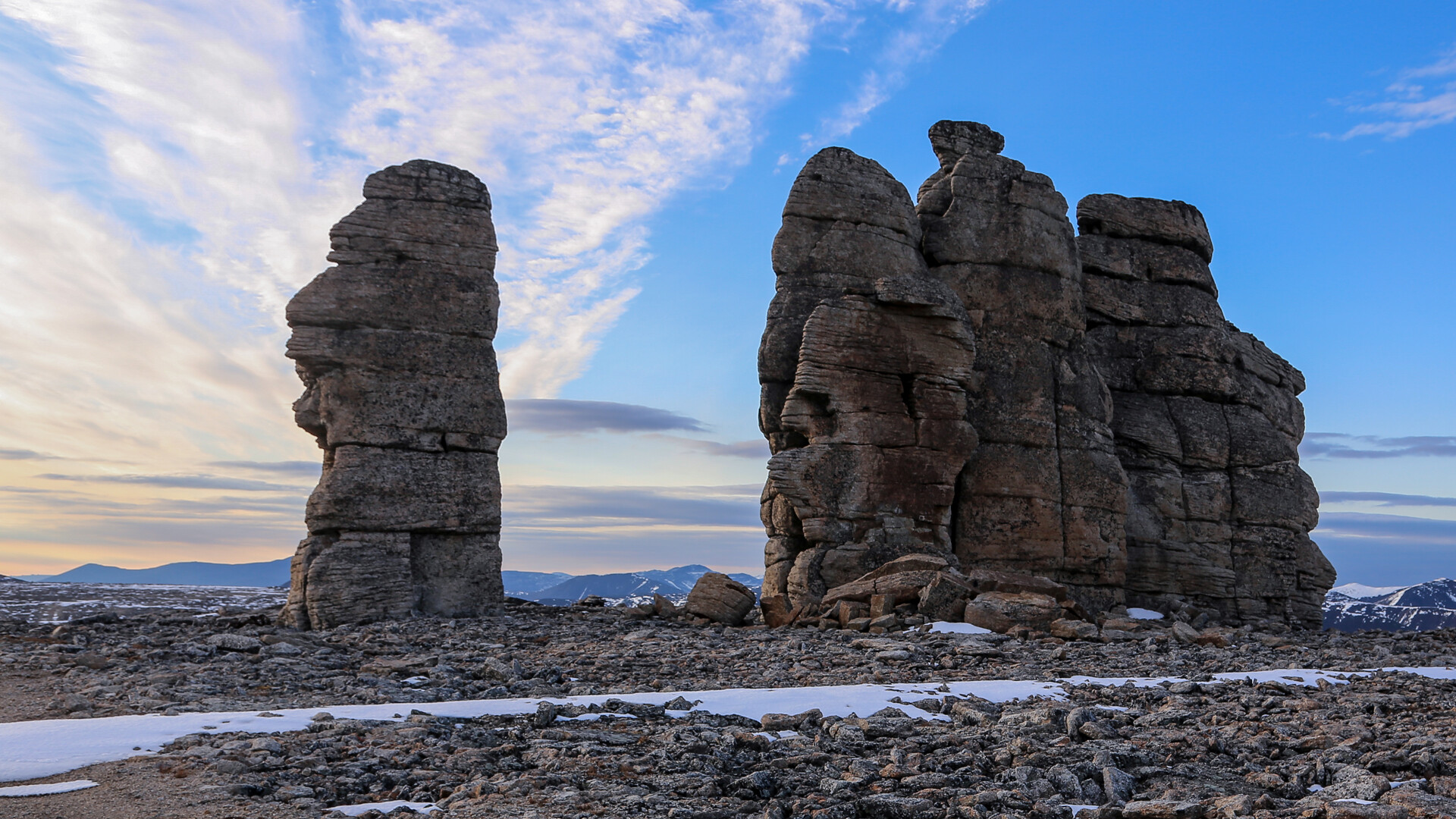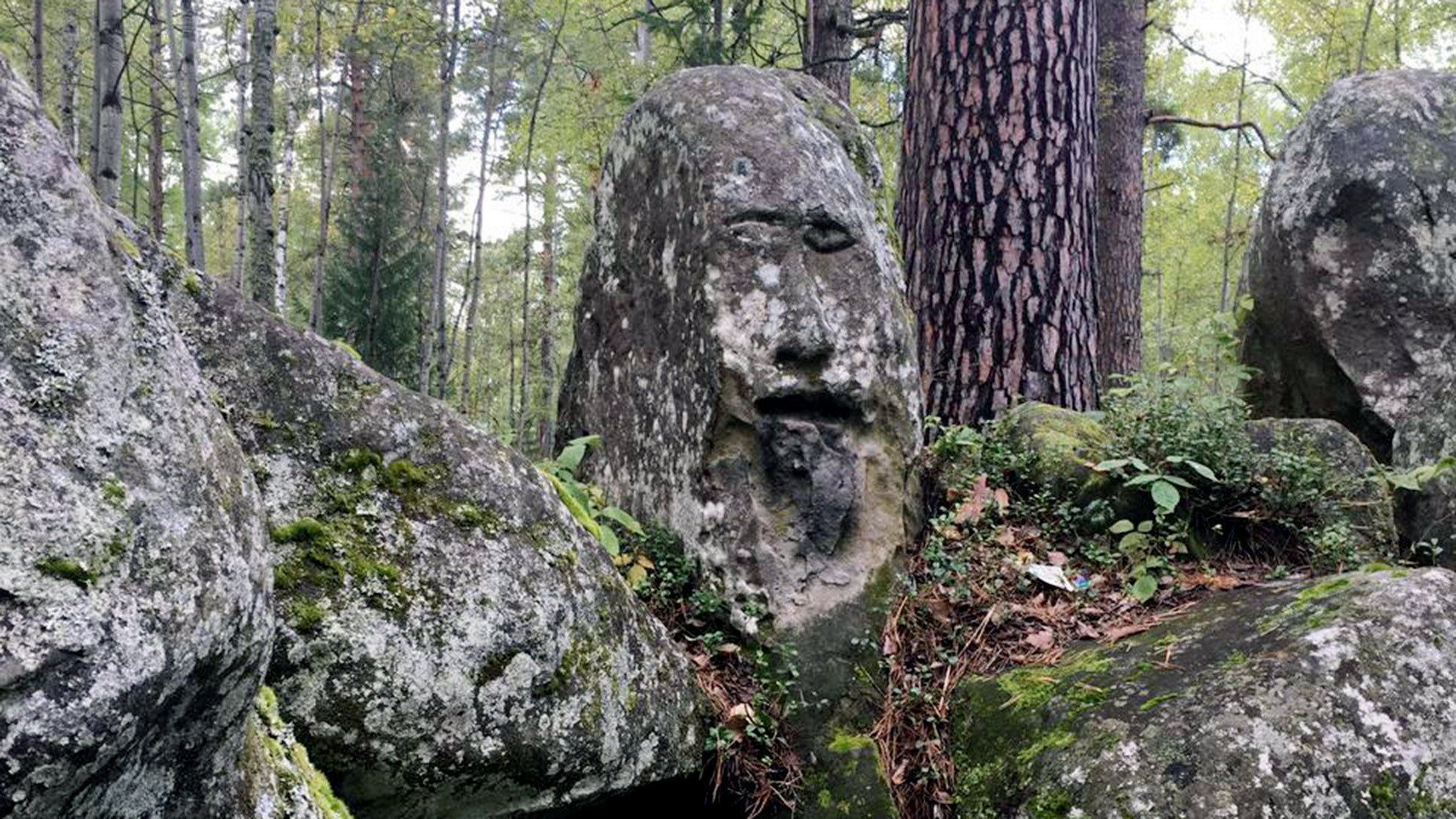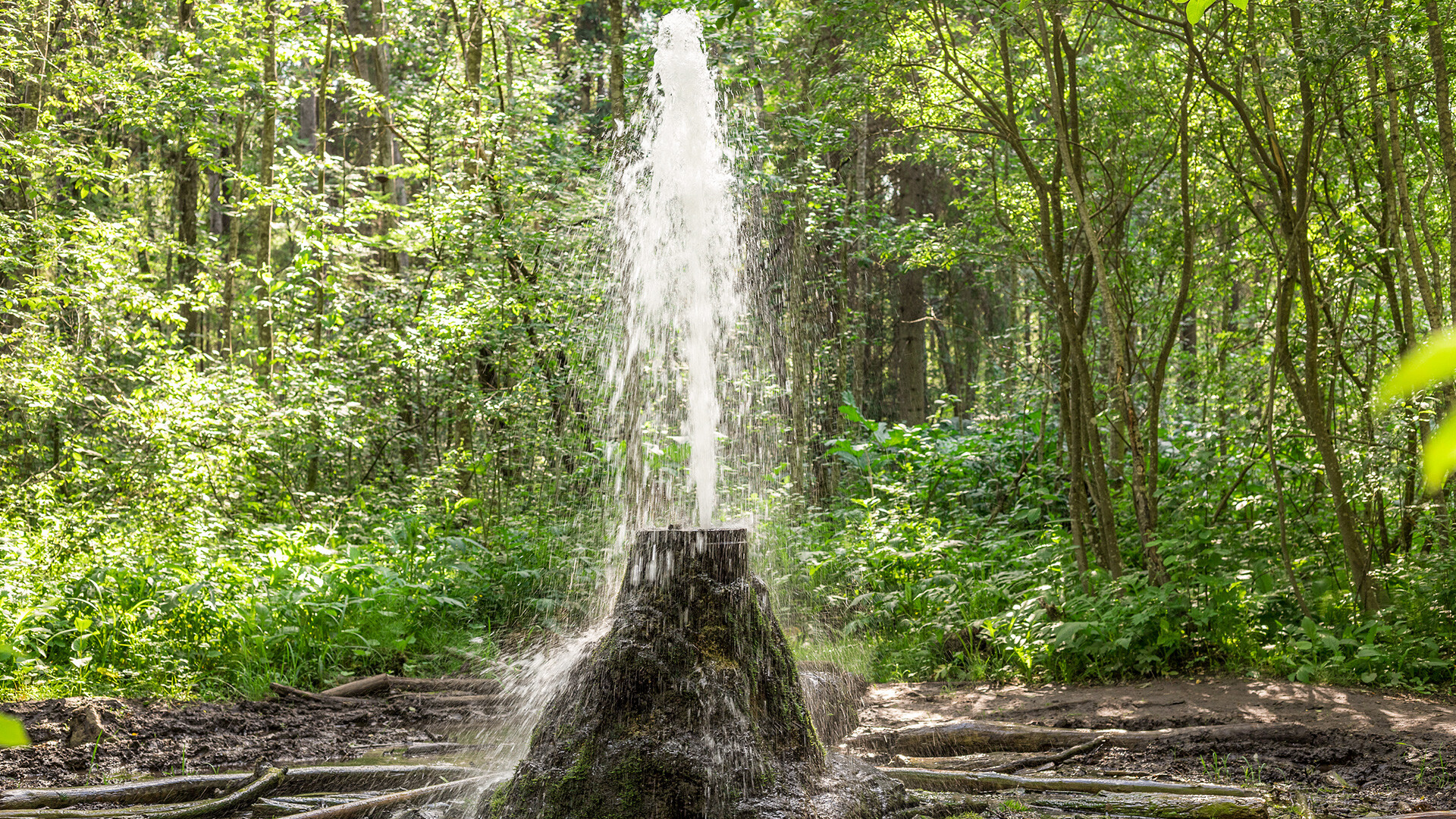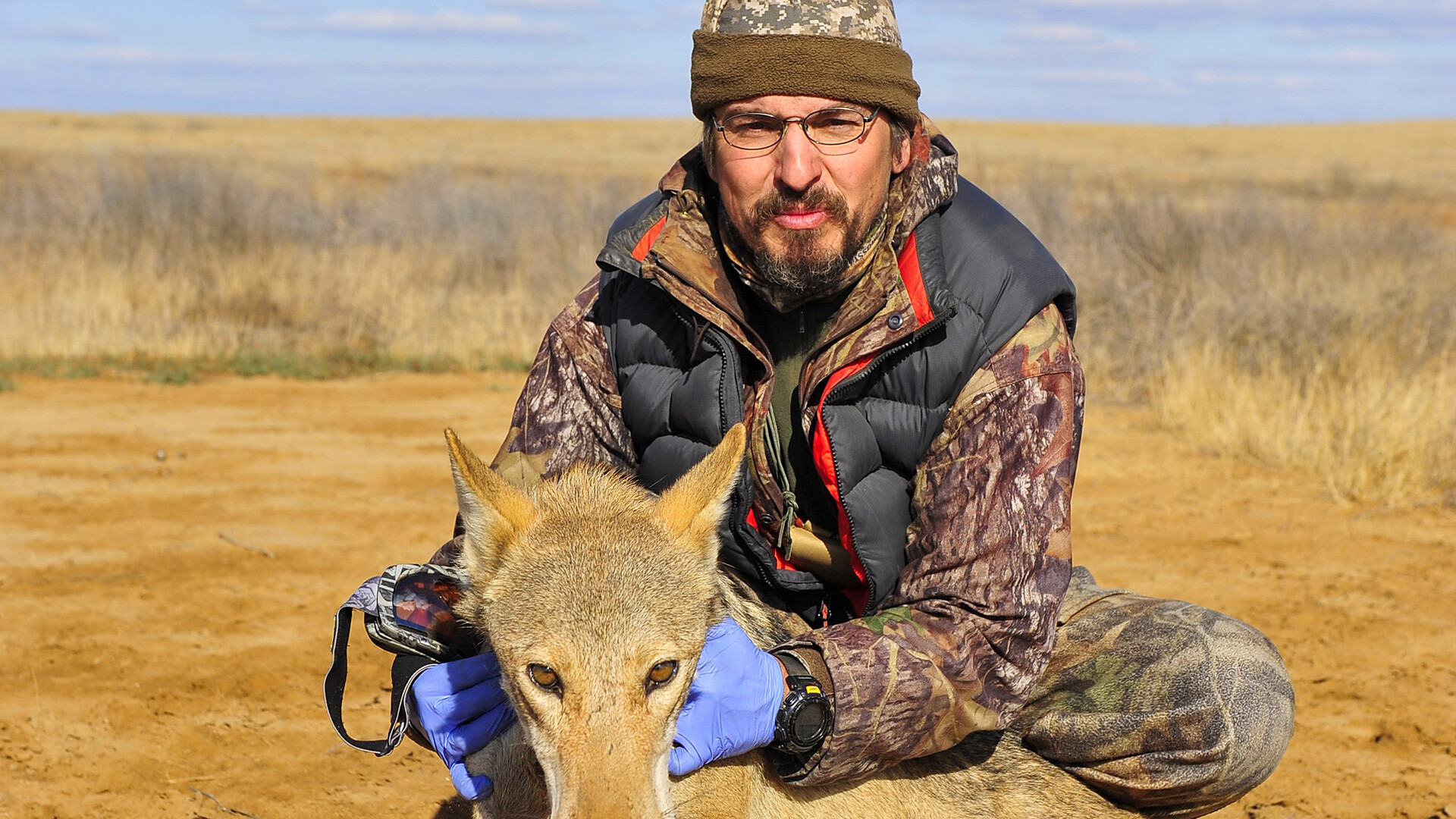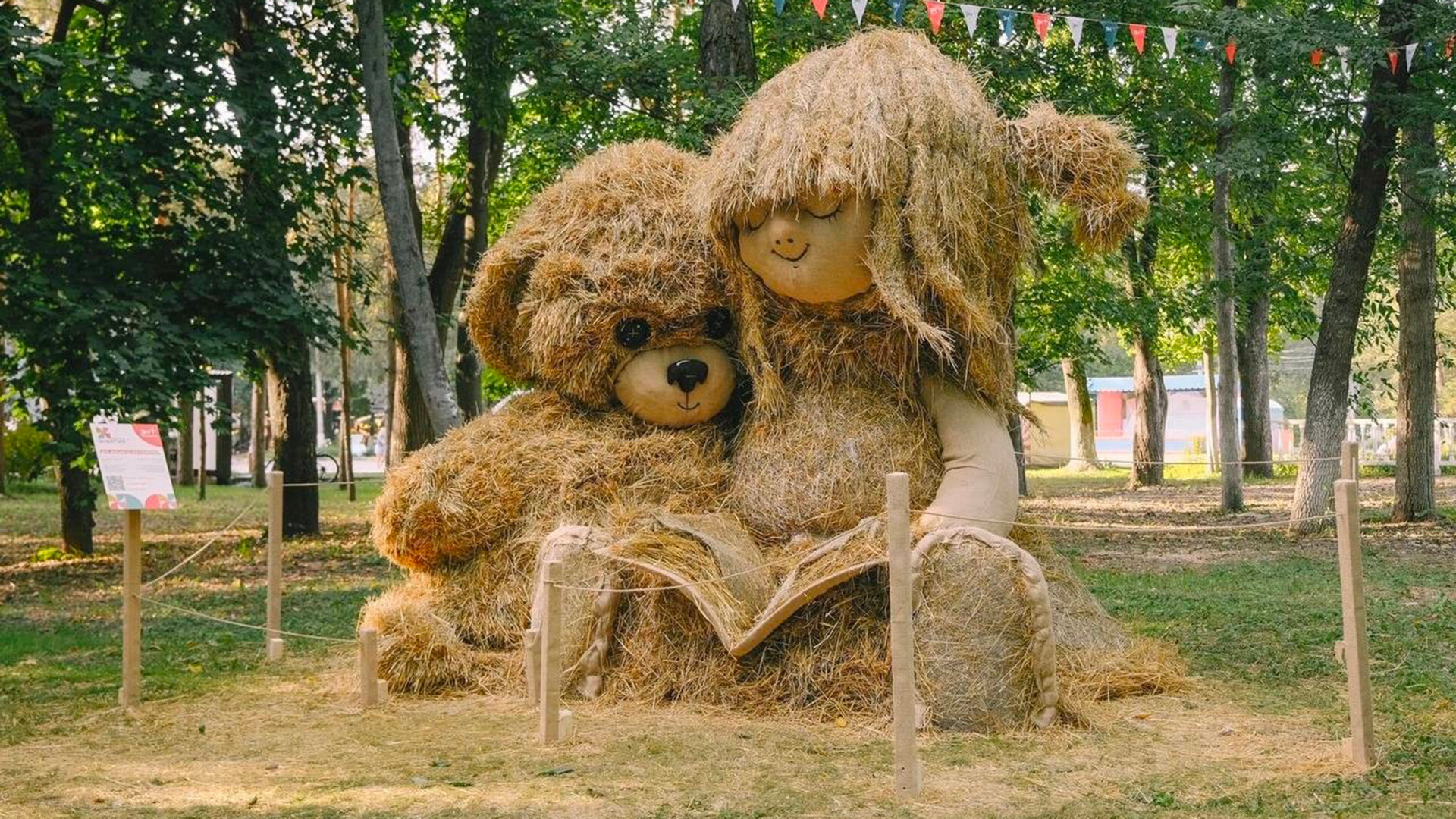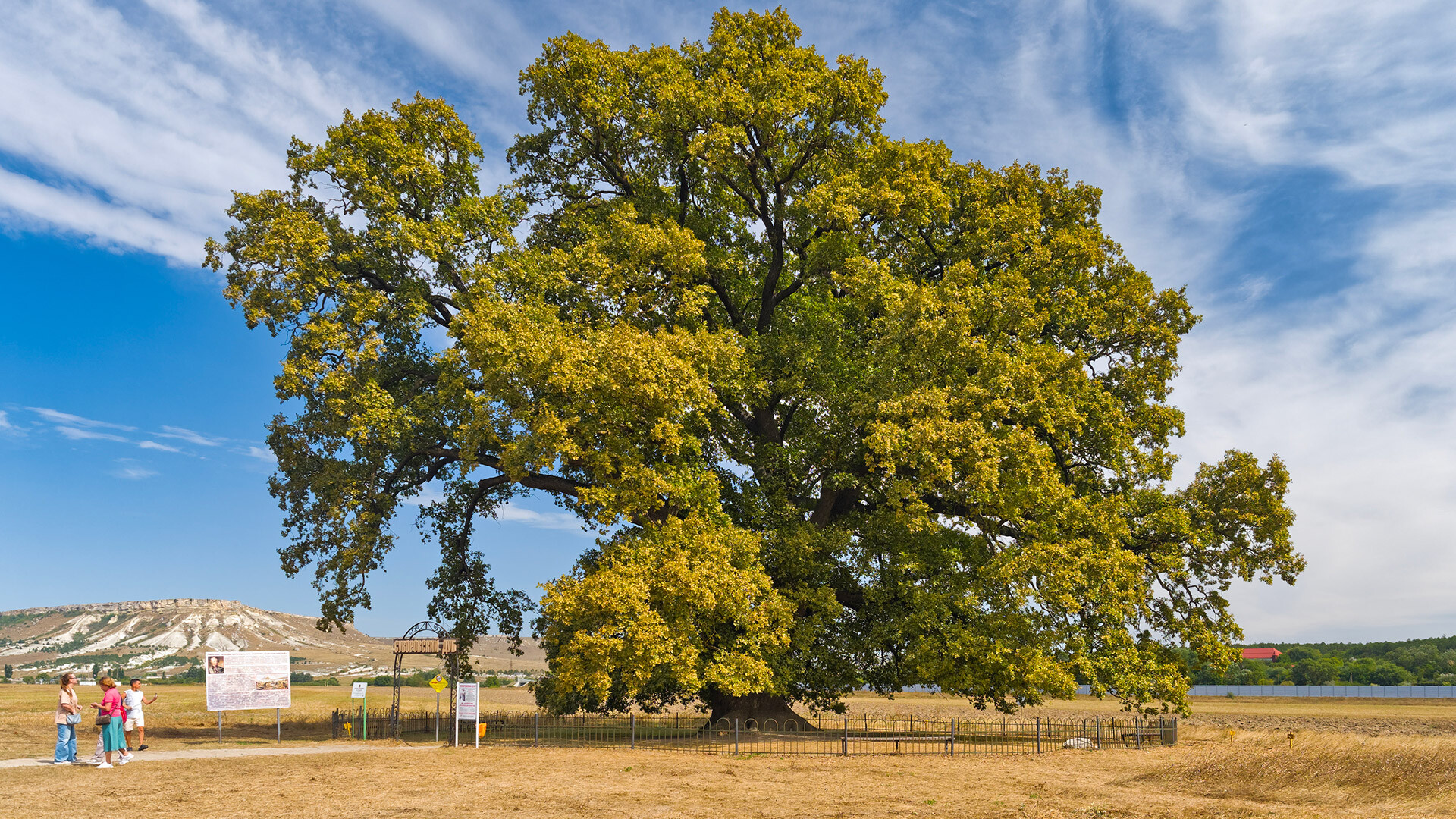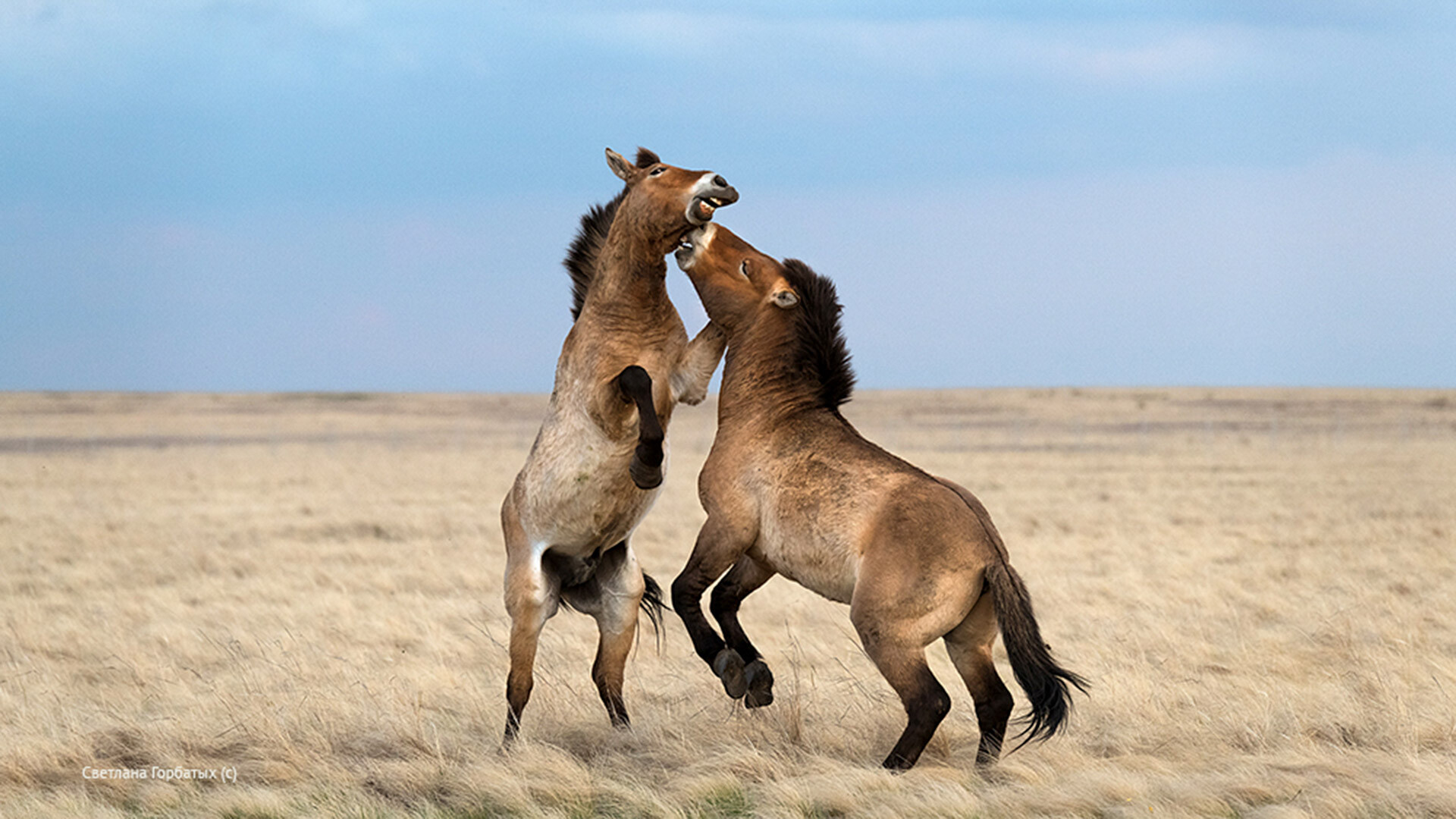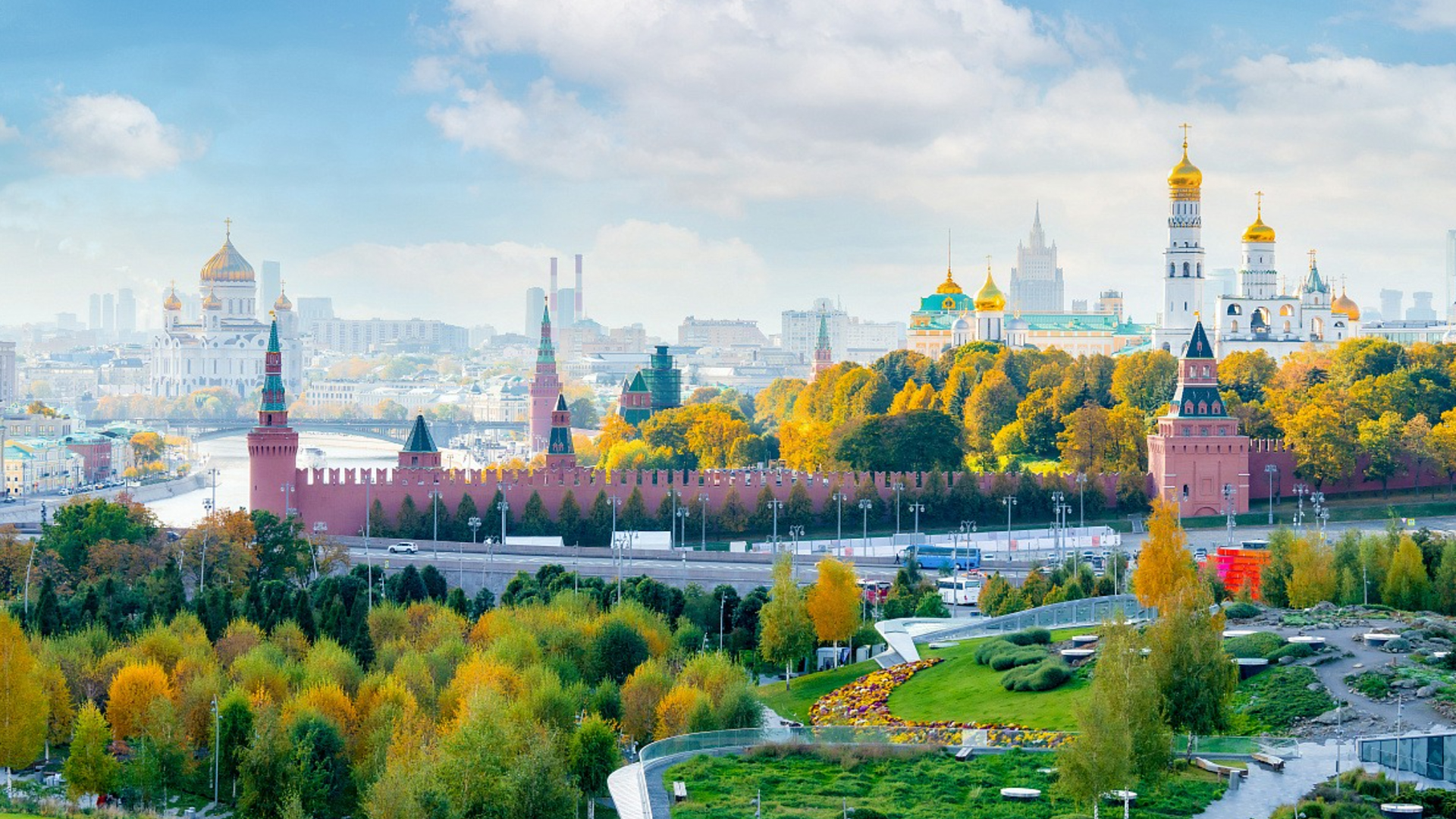
10 largest nature reserves of Russia (PHOTOS)
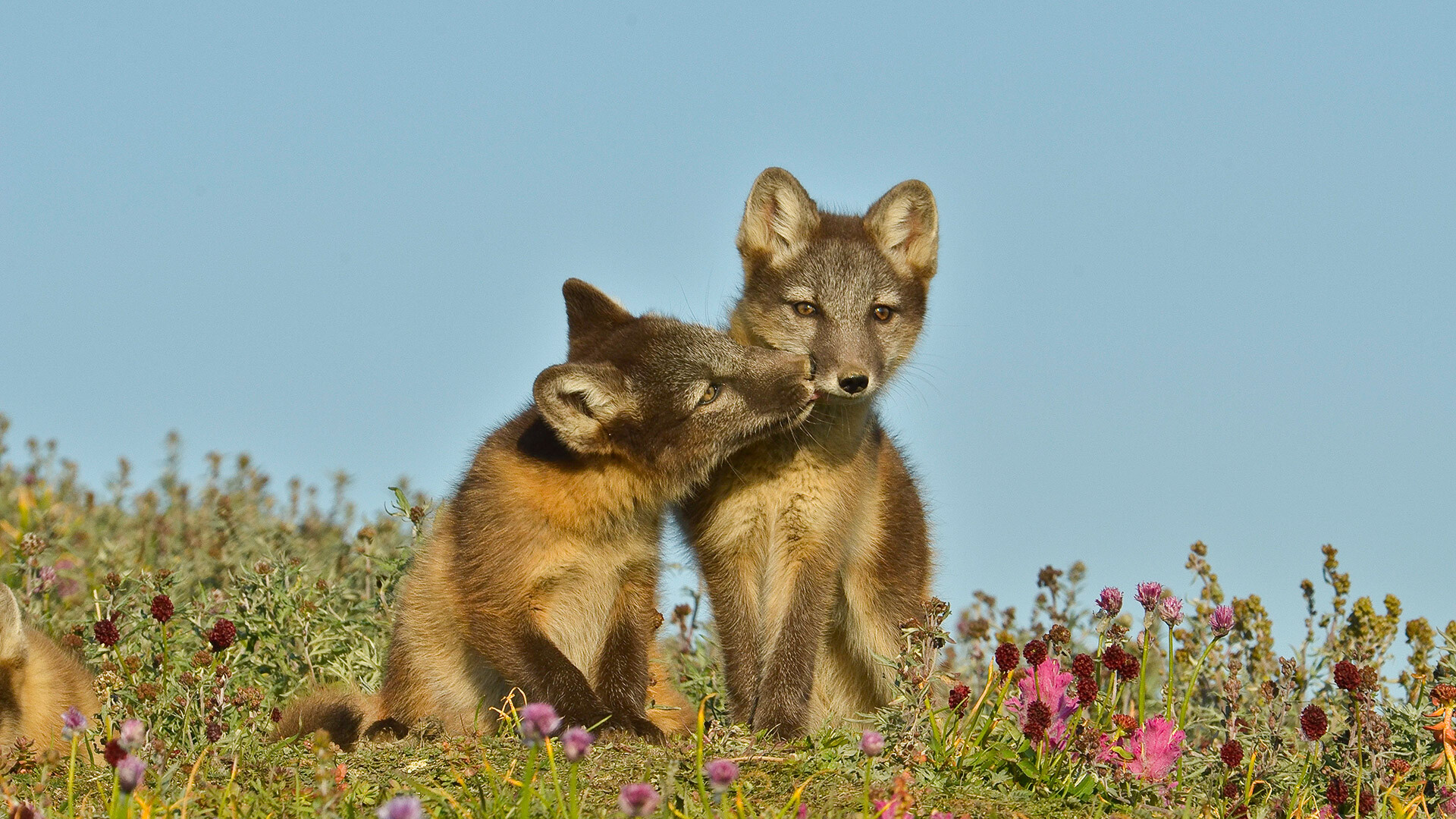
Russia has more than 100 nature reserves protected by the state; their surface area (excluding water area) exceeds 270,000 square kilometers.
And they are located all across the country: in tundra, in taiga, and in permanent ice.
1. Great Arctic State Nature Reserve
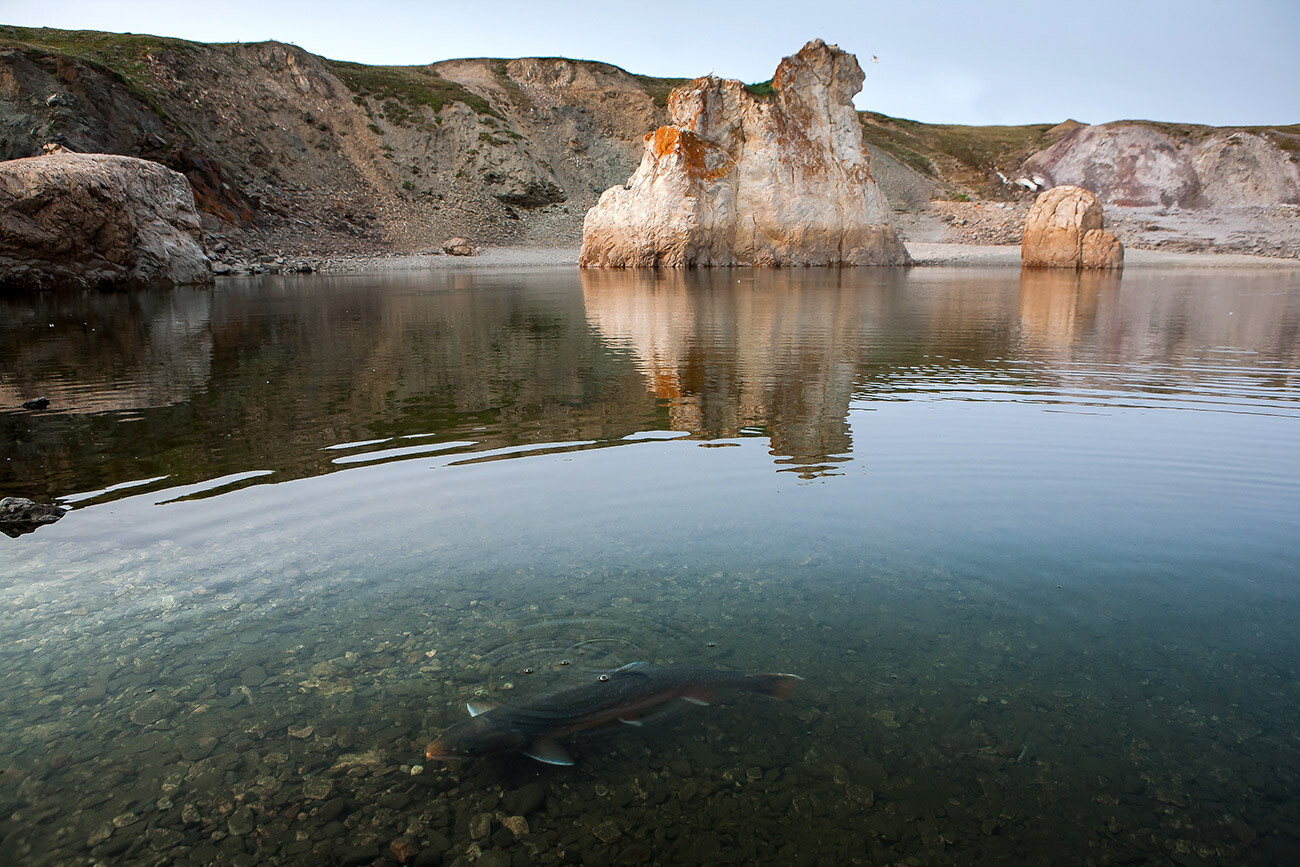
The largest reserve of not just Russia, but the entire Eurasia, is located in the Arctic. It includes the north of the Taymyr Peninsula, along with remote islands and bays covered by Arctic tundra and Cape Chelyuskin – the northernmost point of the mainland.
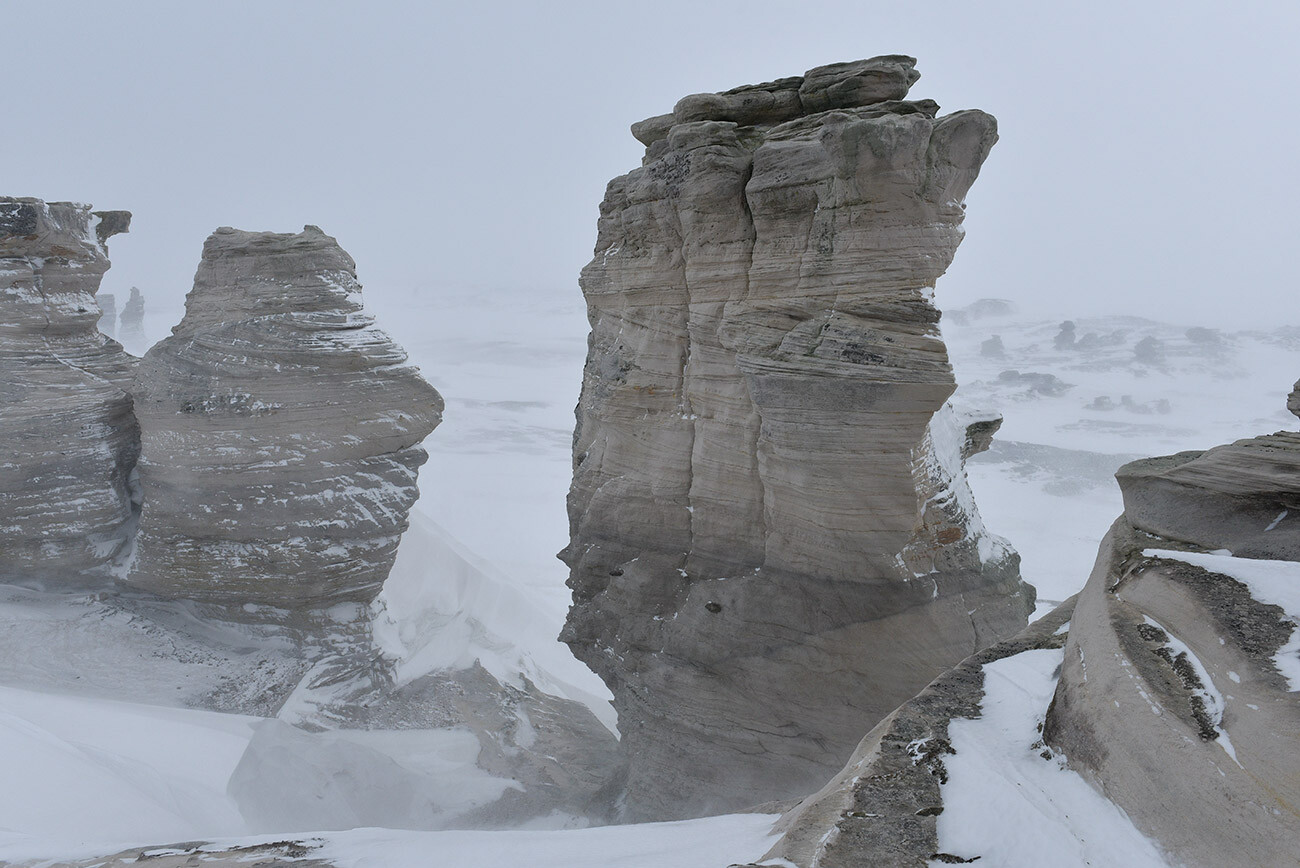
The main predator of the Arctic lives there – the polar bear; there’s also the rowdy arctic fox and one of the most ancient animals in the world – the muskoxen, that has outlived even mammoths.
2. Komandorsky Nature Reserve

The largest mainland marine nature reserve is located in the Far East of Russia, spanning a part of the Commander Islands. It includes four large and 60 small islands.
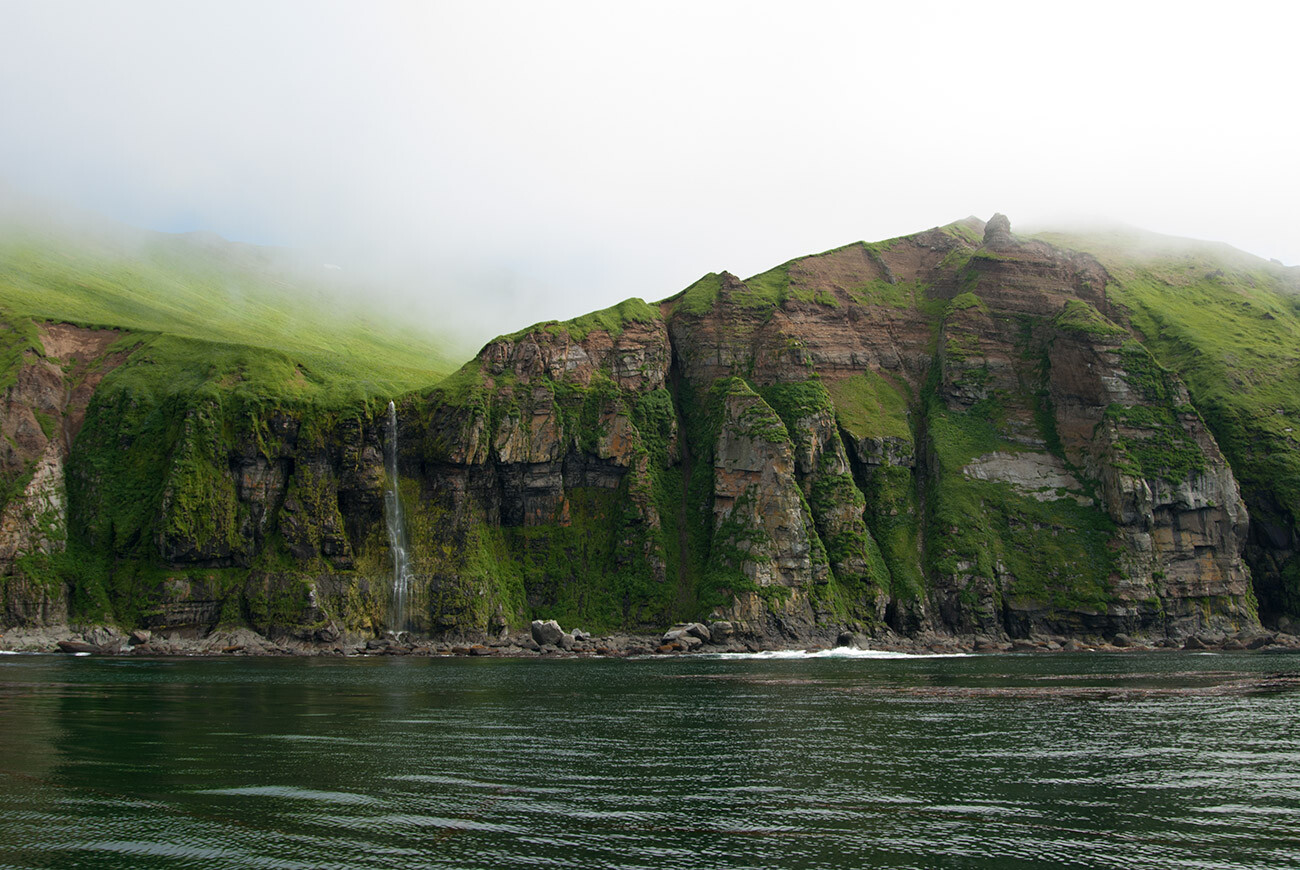
This is the only place in Russia (and, overall, one of the rarest places in the world) where you can observe whales year-round – there’s 21 species of them registered (including those registered on the International Red List).
3. Wrangel Island
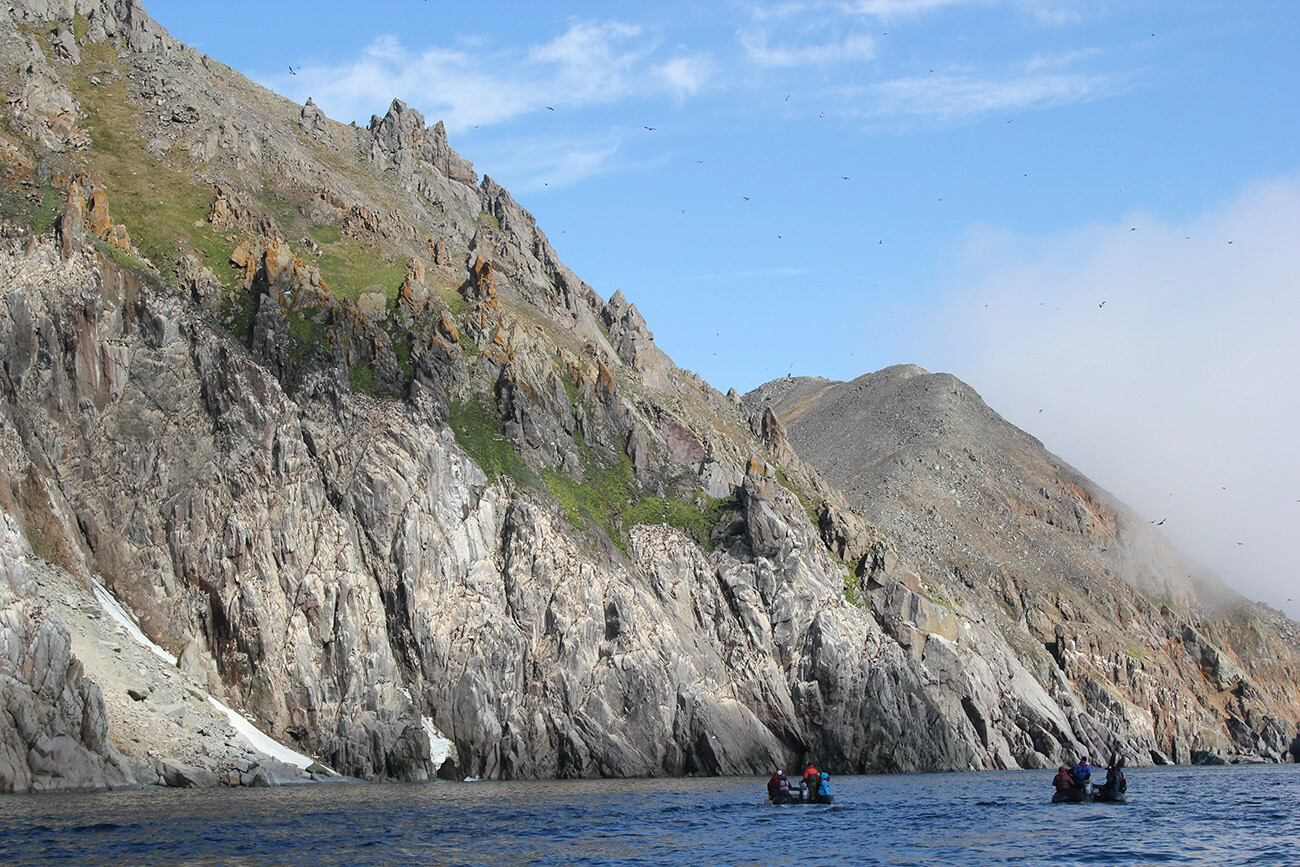
“Maternity hospital for polar bears” – that’s what scientists call Wrangel Island in the north of Chukotka. Nothing disturbs the bears there. It’s one of the most remote nature reserves of the country, very hard to reach (and you also have to obtain a special permission for it). Currently, the island is home to 860 of these predators. Also Wrangel Island is located right on the 180th meridian, which splits the globe into “today” and “yesterday”.
4. Putorana Nature Reserve
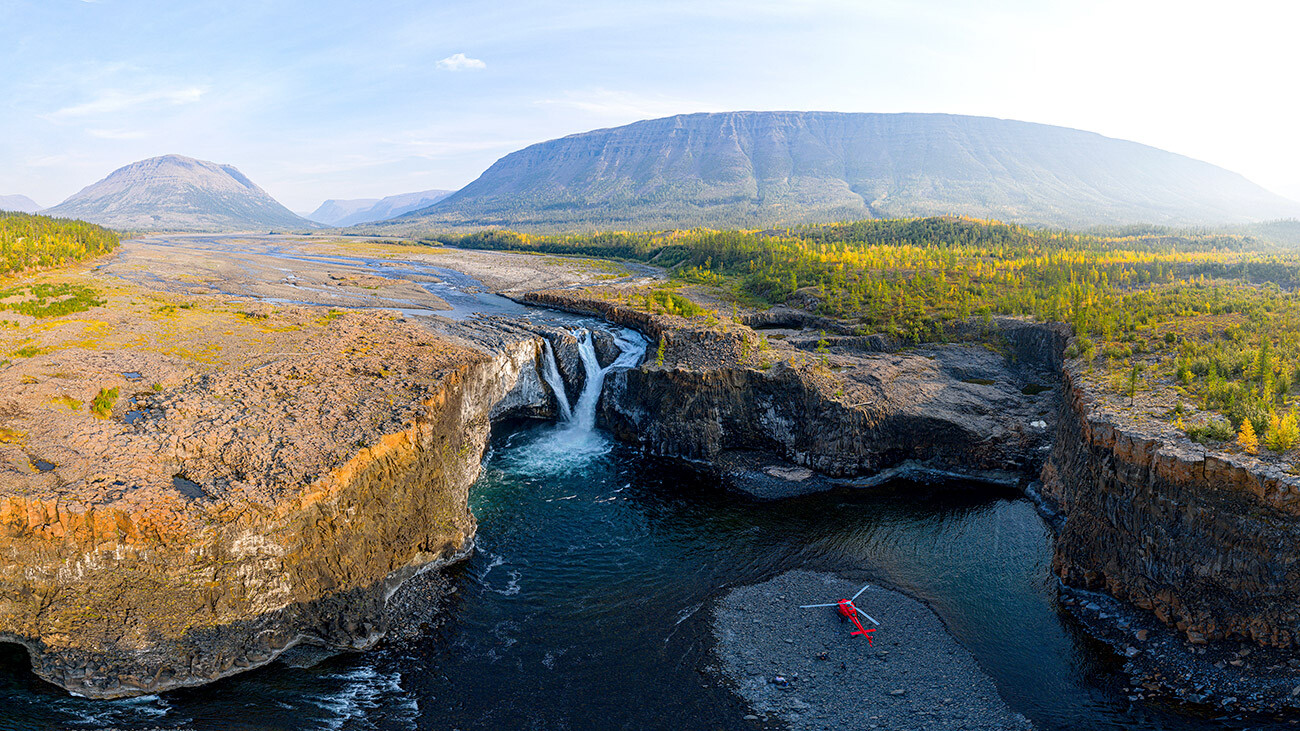
The Putorana Plateau on the Taymyr Peninsula is literally like another planet. A vast region of endless valleys and canyons, lost beyond the Arctic Circle. The geographical center of Russia is located there, at Lake Vivi. Fans of extreme tourism and rafting on dangerous rivers like to visit Putorana.
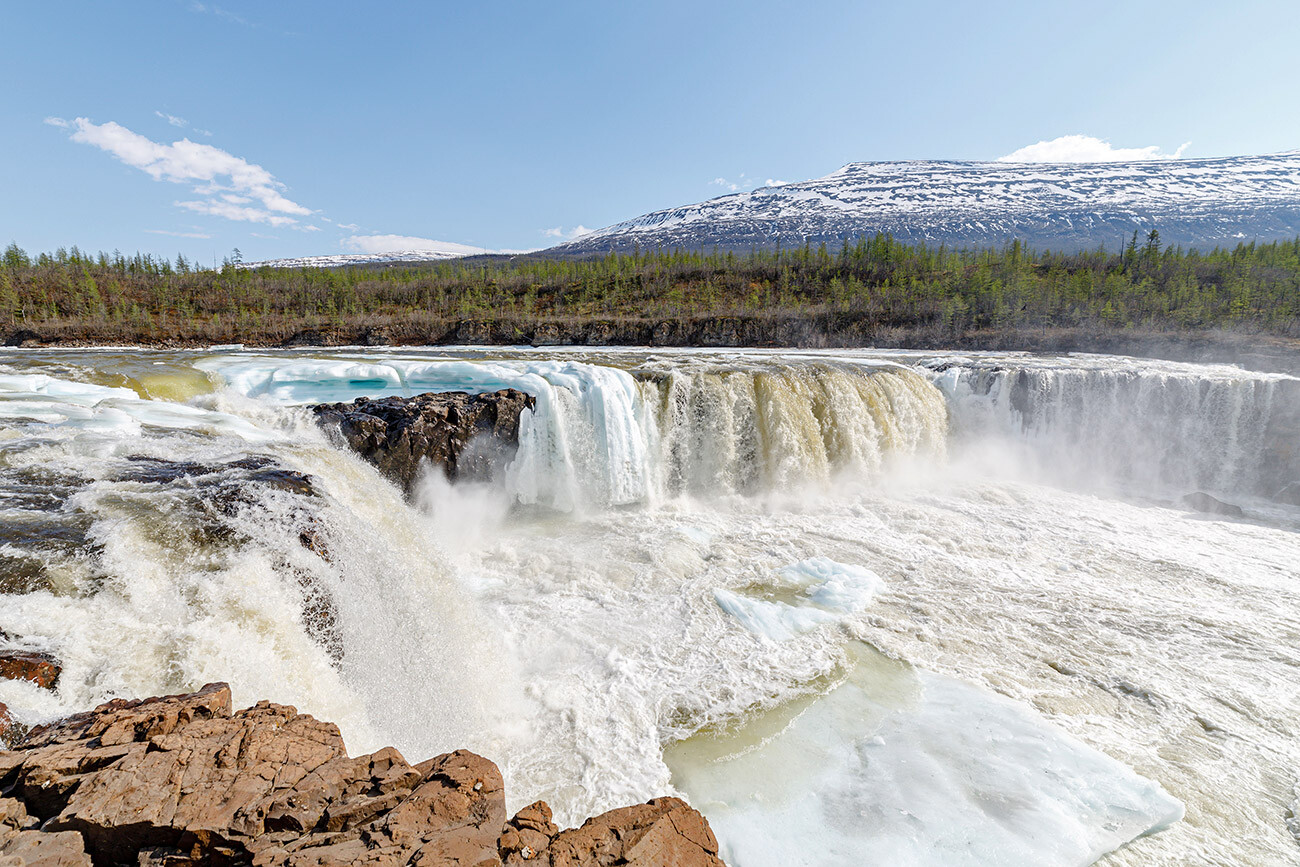
5. Taymyr Nature Reserve
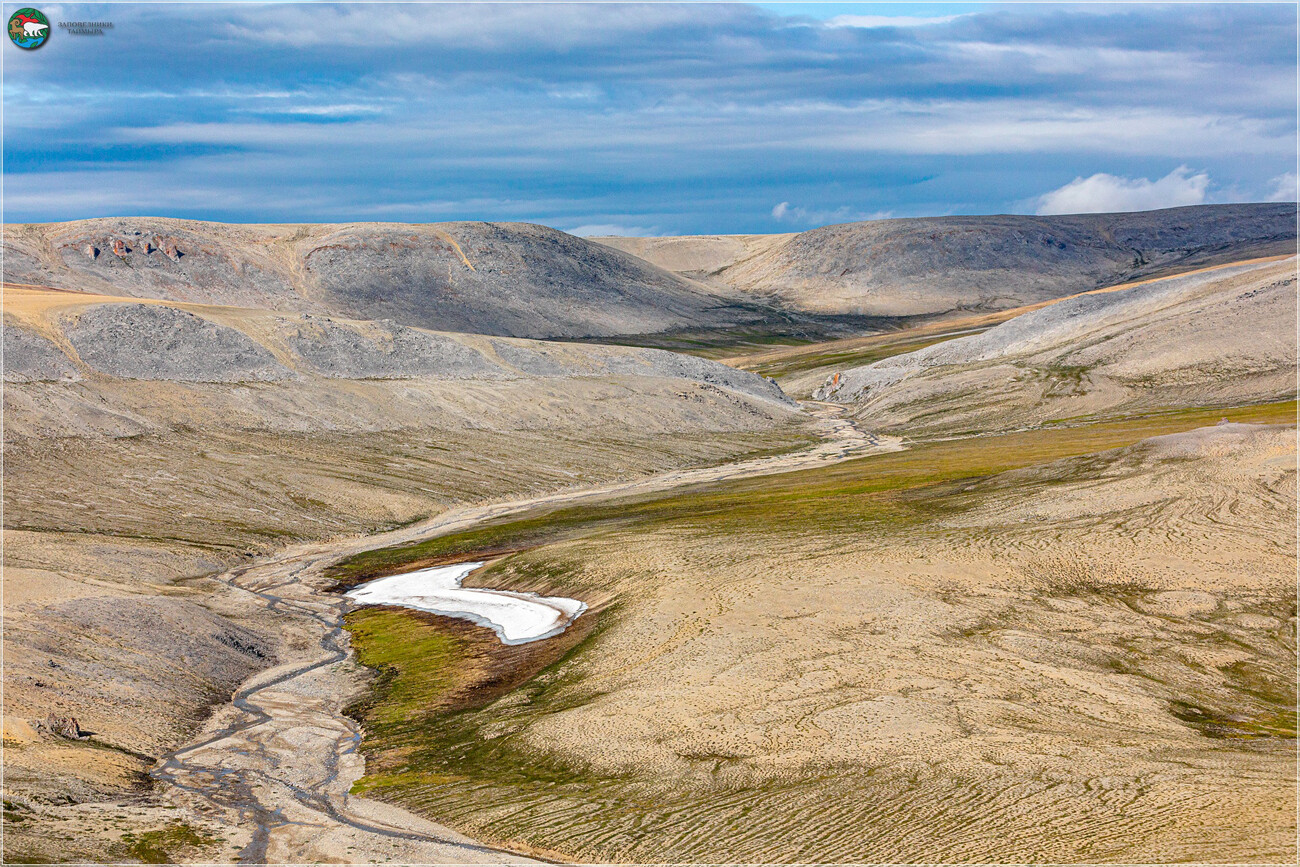
The Taymyr Peninsula features a nature reserve of the same name, where you can witness all the beauty of the tundra; it’s virtually impossible to meet another human there. But, it’s within the borders of this nature reserve where you can find the largest amount of wild reindeer.
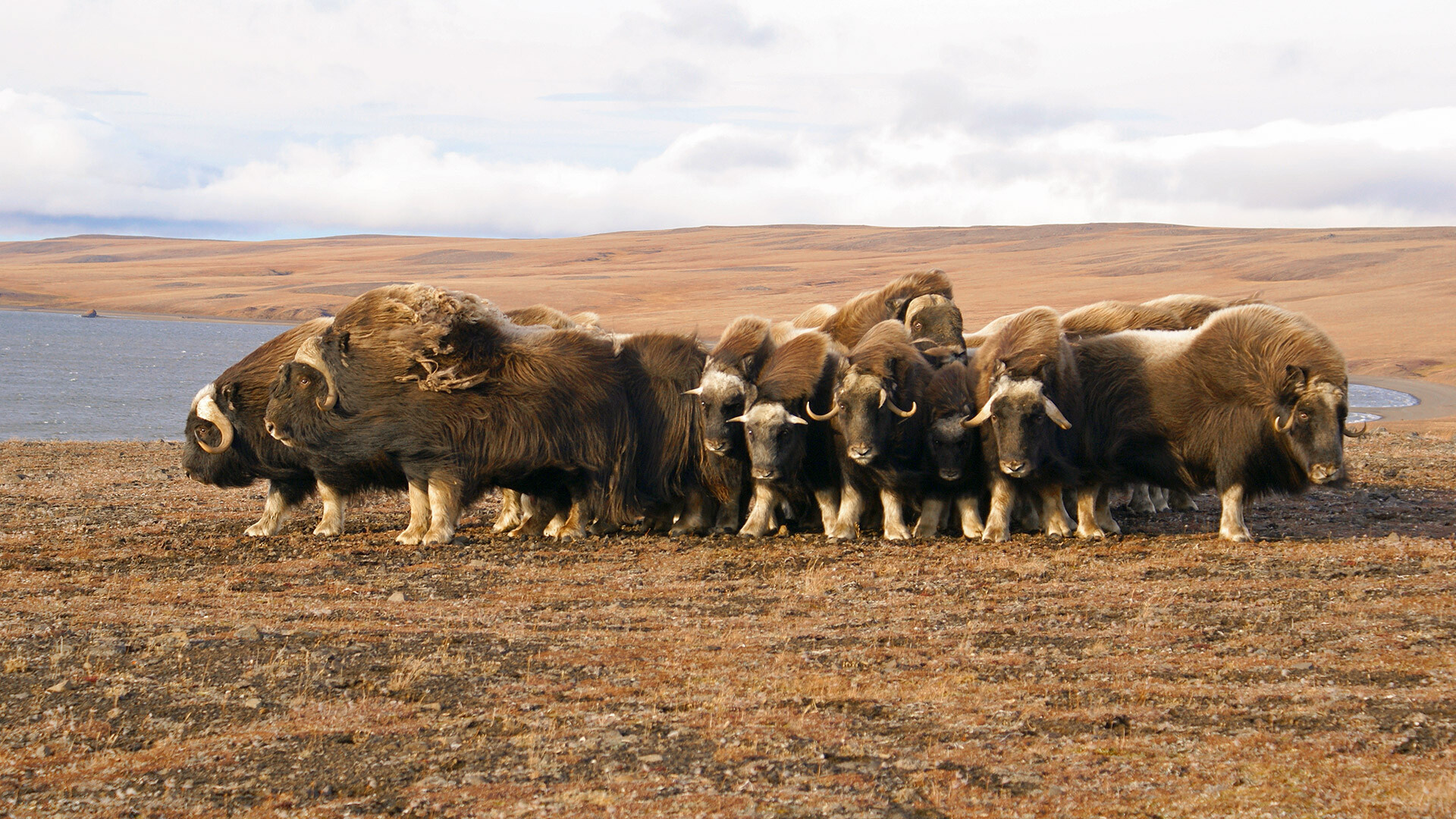
6. Lena Delta Wildlife Reserve

This nature reserve in Yakutia is located beyond the Arctic Circle. It was founded in 1985 in the delta of the Lena River to protect the ecosystem of this largest of Siberian rivers. The northernmost forests of Yakutia also happened to be in the nature reserve zone, as well as Arctic mineral swamps and a large number of lakes. The climate of Lena Delta Wildlife Reserve is extremely harsh: the temperature, even in July, barely rises above zero degrees Celsius, although there are a few warm days, as well.
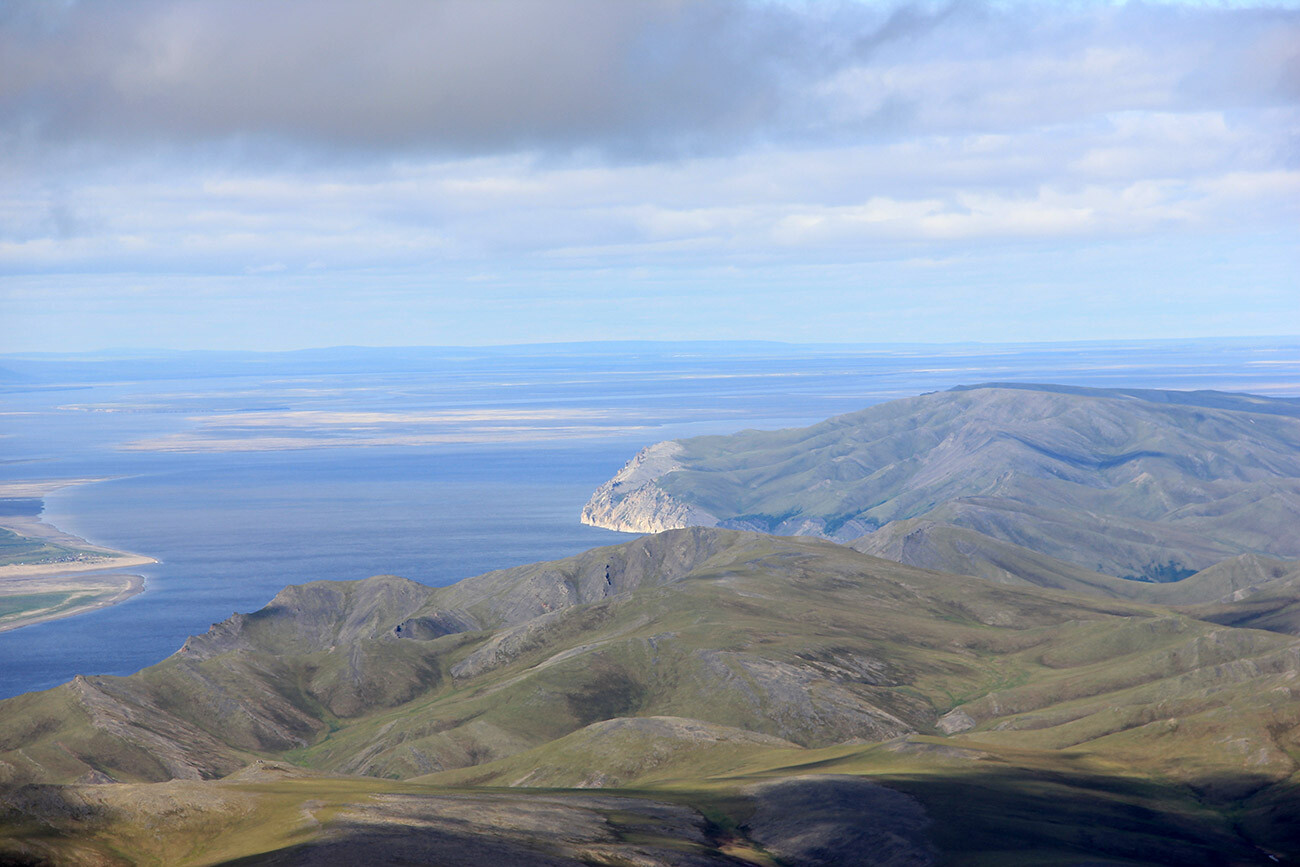
7. Kronotsky Nature Reserve
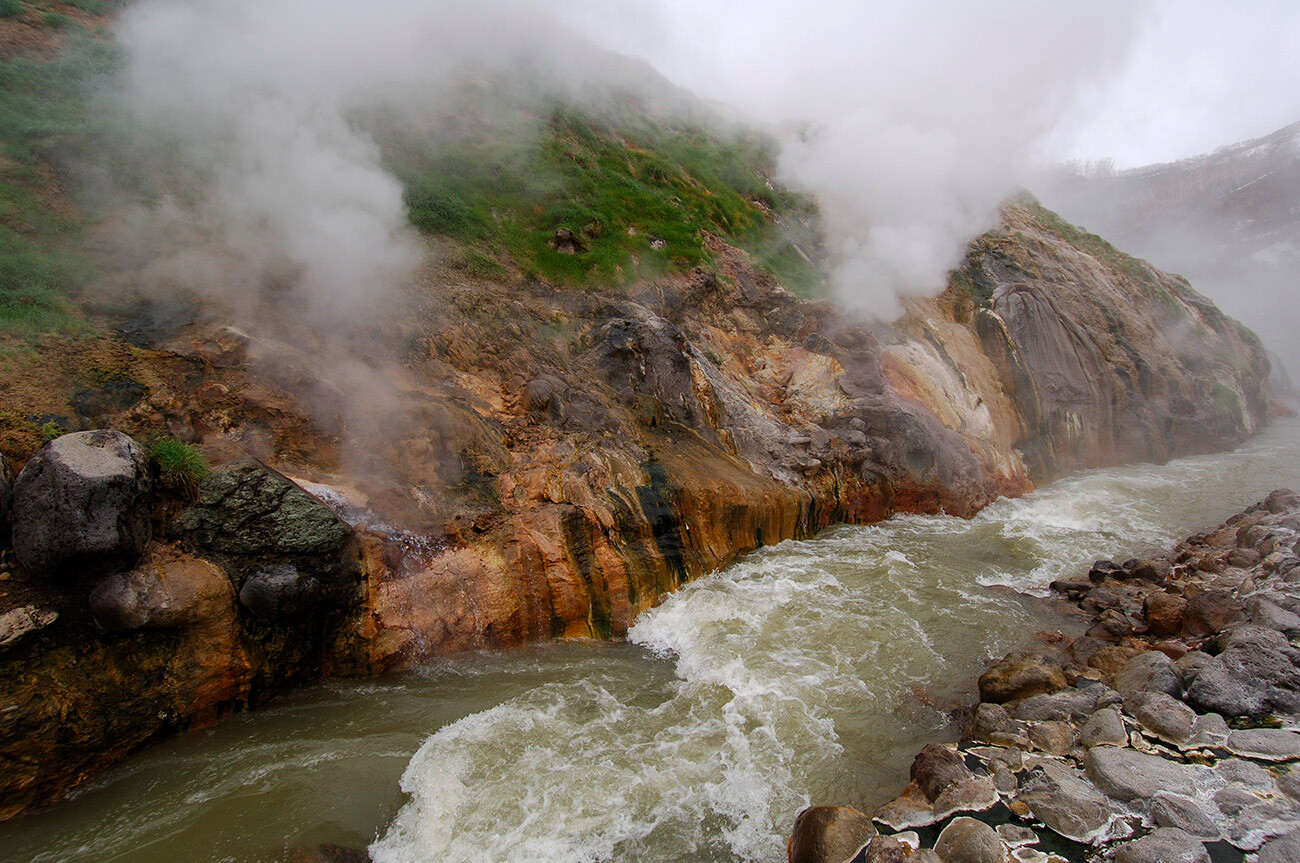
The east of the Kamchatka Peninsula hosts one of the oldest nature reserves of Russia, founded in 1934. Geysers, volcanoes, the main attractions of Kamchatka, are all there. The most sociable bears live in Kronotsky Nature Reserve (we spoke about them earlier); however, you’re still better off not meeting them in person, of course.

8. Central Siberia Nature Reserve

The Central Siberia Nature Reserve was created in 1985 in the valley of the Yenisei River. The Siberian river astonishes with its might. You can also find all kinds of landscapes along Yenisey: swamps, taiga, cedar forests, relic buttes (pillars) – and a lot of waterfalls!

9. Uvs Lake Basin

Almost all natural zones of our planet are concentrated in this biosphere reserve in the south of Siberia (in the Republic of Tuva). Tundra, taiga, steppe, semi-desert, a glaciated area – and all of this in a relatively small space. And the transitions between the zones are really pronounced.
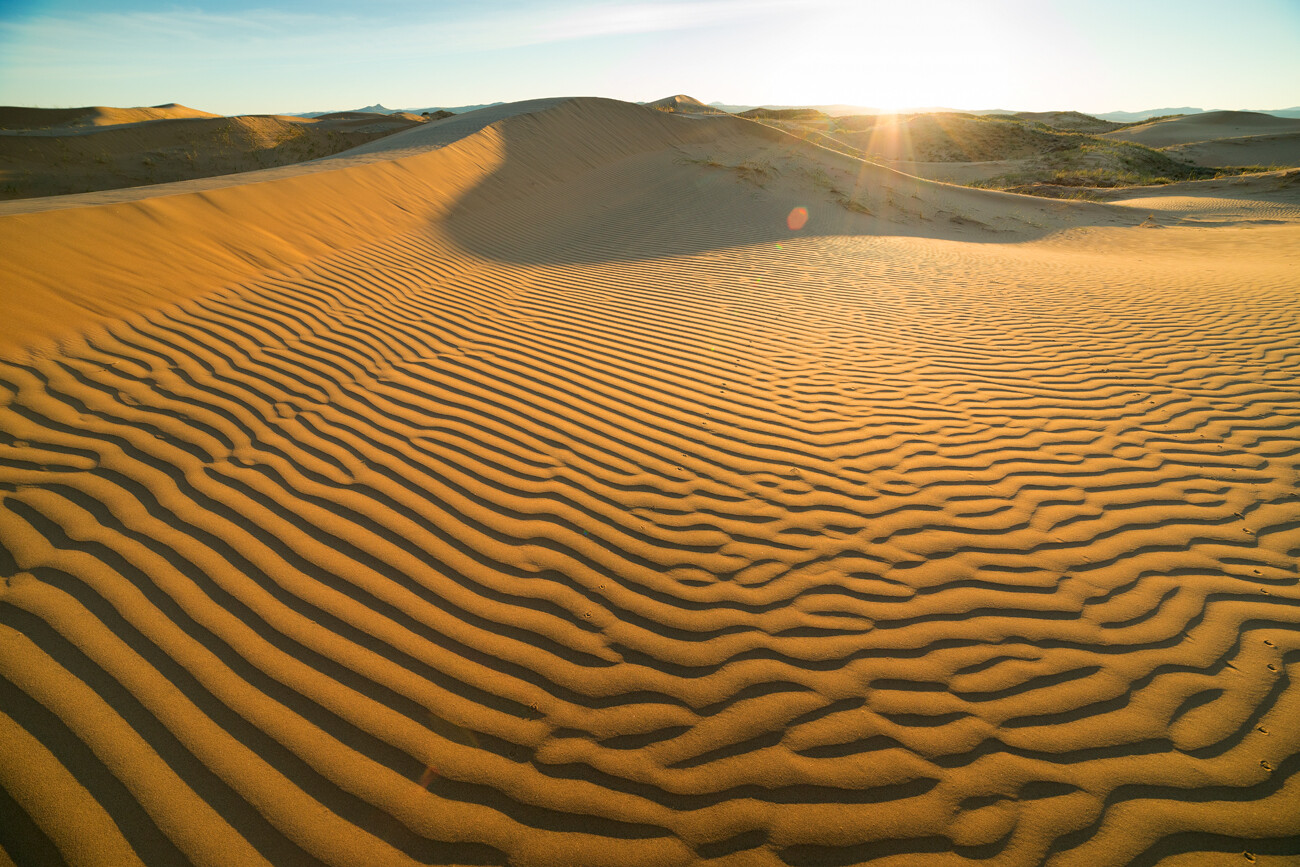
10. Magadan Nature Reserve
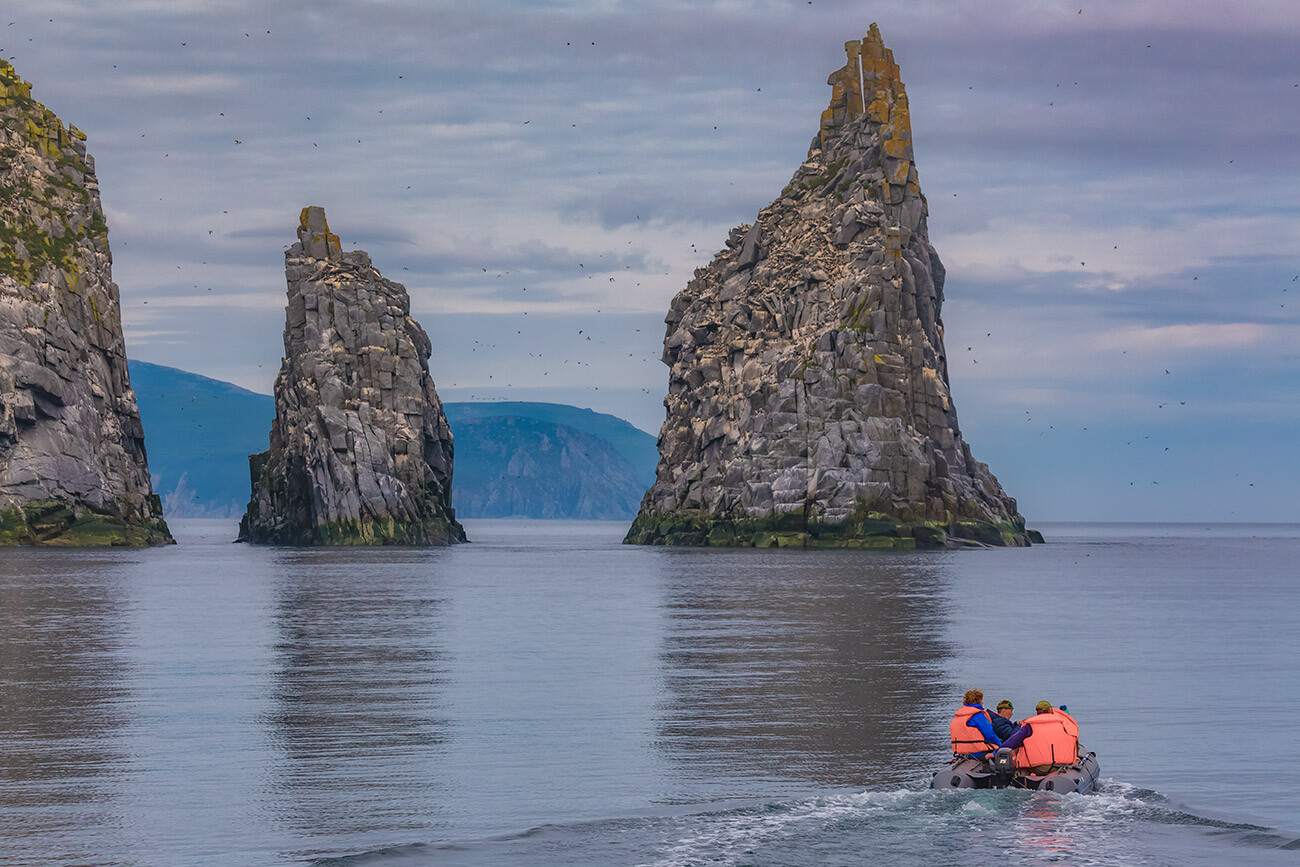
One of the most remote nature reserves from civilization in Russia is located in the Far East, in Magadan Region. It comprises several scattered areas that are not linked by any transport to each other. And there is always something to see! Brown bears, colonies of the rarest birds and unbelievable landscapes, just for a start! (read more)








